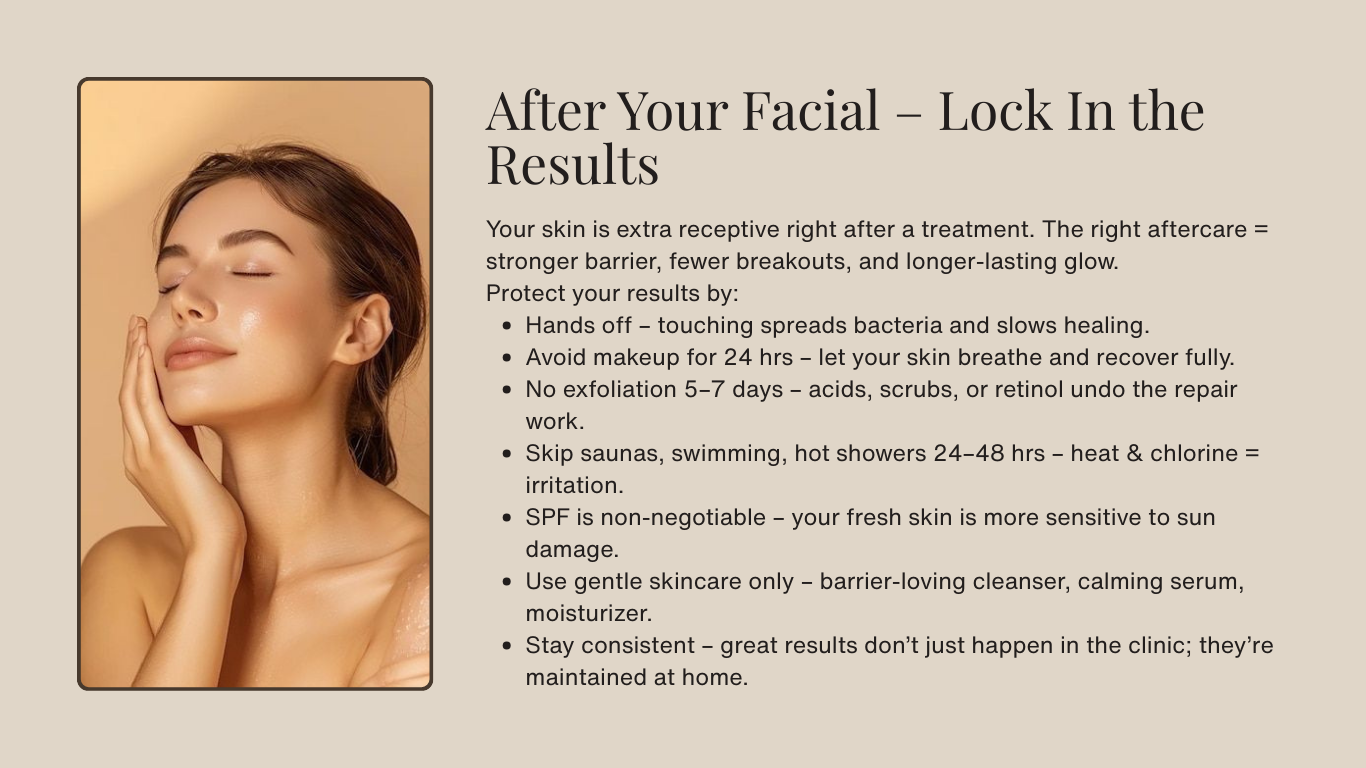Frequently Asked Questions
-
Corneotherapy focuses on healing and strengthening the skin barrier first, rather than just treating visible symptoms like dryness, redness, or breakouts. While traditional skincare often uses aggressive actives, fragrances, and occlusive ingredients that can irritate or suppress the skin’s natural functions, Corneotherapy takes a skin-identical, science-based approach.
It uses physiological ingredients that mimic the skin’s own structure—like ceramides, fatty acids, and DMS (Derma Membrane Structure)—to restore balance from the outside in. The goal is to reduce inflammation, prevent further barrier damage, and allow the skin to regenerate naturally, without triggering immune responses.
In short: Traditional skincare reacts to problems.
Corneotherapy corrects the cause -
Yes—Corneotherapy is highly effective for addressing premature aging and sun-damaged skin because it targets the root cause: a compromised skin barrier.
When the barrier is weakened (often due to UV exposure, harsh products, or environmental stress), the skin becomes inflamed, dehydrated, and vulnerable to accelerated aging. Corneotherapy works by restoring the barrier function, reducing chronic inflammation, and supporting the skin’s natural regeneration process.
By using skin-identical ingredients like ceramides, cholesterol, linoleic acid, and antioxidants (such as vitamins A, C, and E), Corneotherapy improves elasticity, boosts hydration, and enhances the skin’s resilience over time—without the irritation or risk associated with more aggressive anti-aging treatments.
In short, it’s a gentle but powerful strategy to slow down aging, repair damage, and maintain youthful, healthy skin long-term.
-
Corneotherapy is not a replacement for medical treatment—but it can be a powerful complement.
If you're using dermatologist-prescribed products (like topical steroids, antibiotics, or retinoids), these are often designed to suppress symptoms rather than support the skin’s natural healing. Corneotherapy, on the other hand, works by restoring the skin barrier, reducing inflammation, and improving skin resilience over time.
For some clients, this barrier repair approach may reduce the need for long-term use of harsh prescriptions, especially for chronic conditions like eczema, rosacea, or acne. However, always consult with both your skin therapist and dermatologist before making any changes.
The best results often come from a collaborative approach—combining medical care when needed, with Corneotherapeutic support to heal and protect the skin holistically.
-
Yes—Corneotherapy is especially effective for managing skin conditions like eczema, rosacea, and dermatitis because it targets the root cause: a compromised skin barrier.
These conditions are often worsened by inflammation, dehydration, and an overreactive immune response triggered by external irritants. Corneotherapy works by rebuilding and stabilizing the skin’s protective barrier, reducing sensitivity and preventing flare-ups.
By using skin-identical ingredients (like ceramides, essential fatty acids, and DMS bases), Corneotherapy helps calm inflammation, restore moisture balance, and strengthen the skin over time—without relying on harsh chemicals or steroids.
It’s a gentle, long-term solution that supports skin function naturally, making it ideal for chronic, reactive, or sensitive skin conditions.
-
In many cases, yes. Corneotherapy focuses on repairing barrier function, balancing skin microbiome, and reducing inflammation. This holistic approach addresses the root causes of acne instead of just suppressing symptoms.
-
Unlike quick but harsh fixes, corneotherapy works progressively. You may notice calmer, less irritated skin within weeks, but true barrier repair and acne correction usually take 3–6 months of consistent care.



